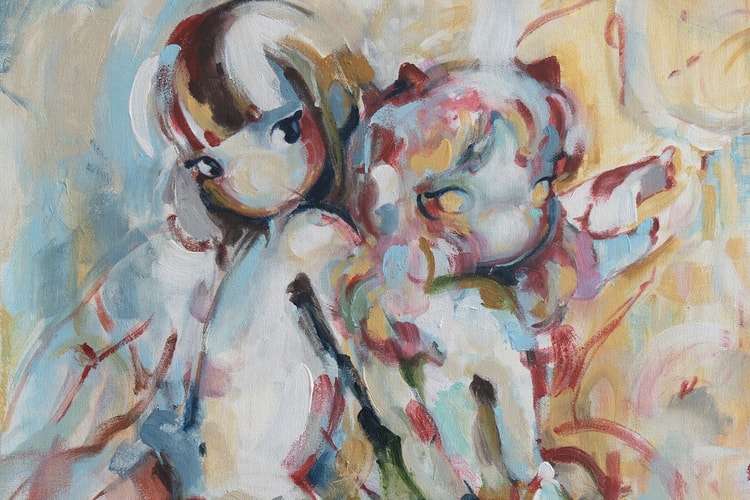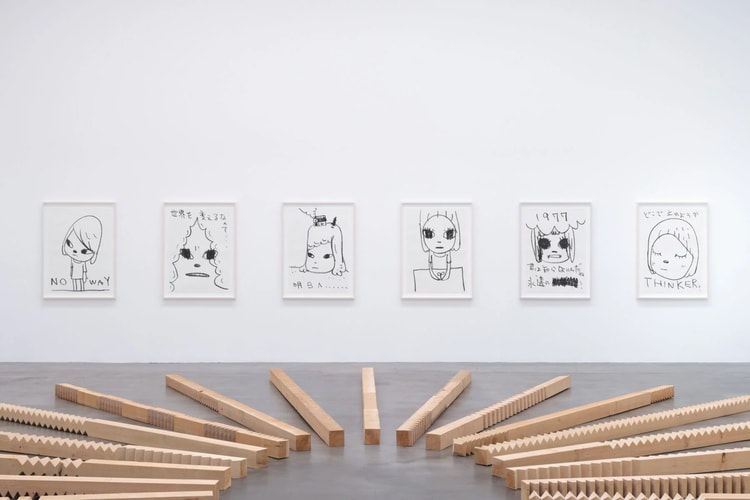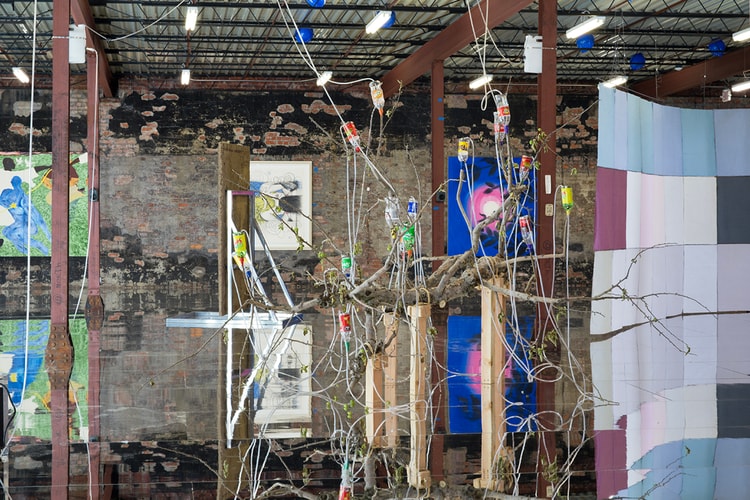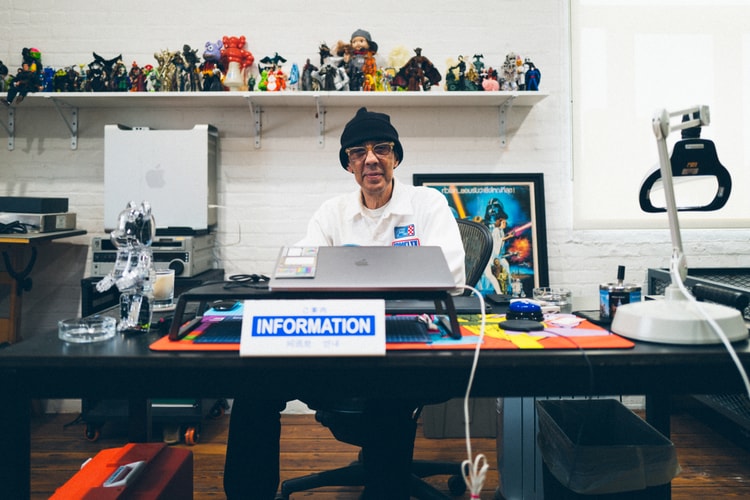MSCHF's ‘King Solomon’s Baby’ Sculpture Is Meant To Be Dismembered
Every buyer gets a slice.
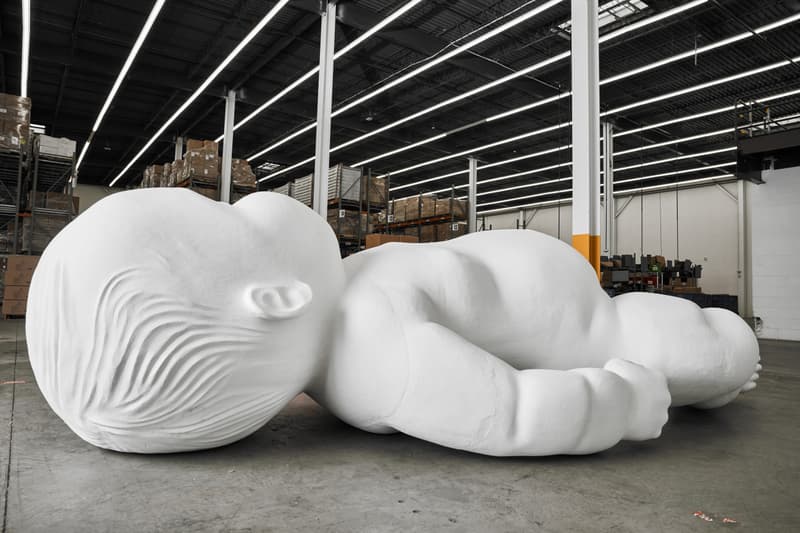
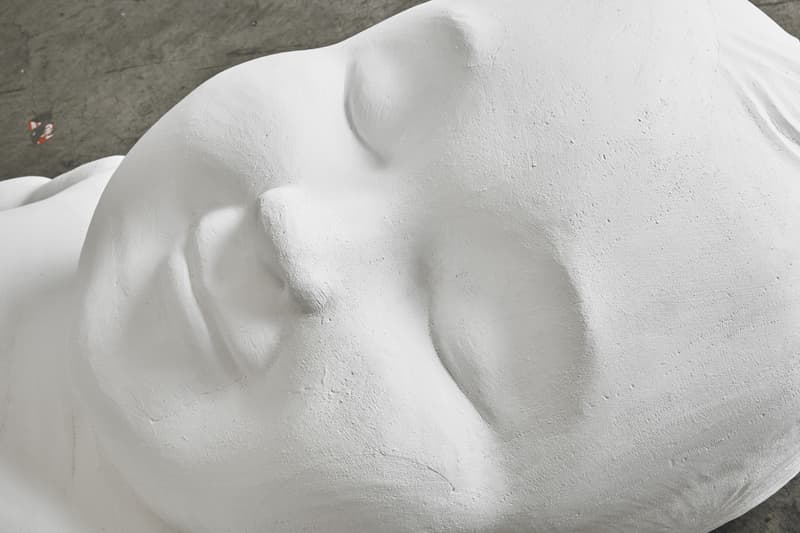
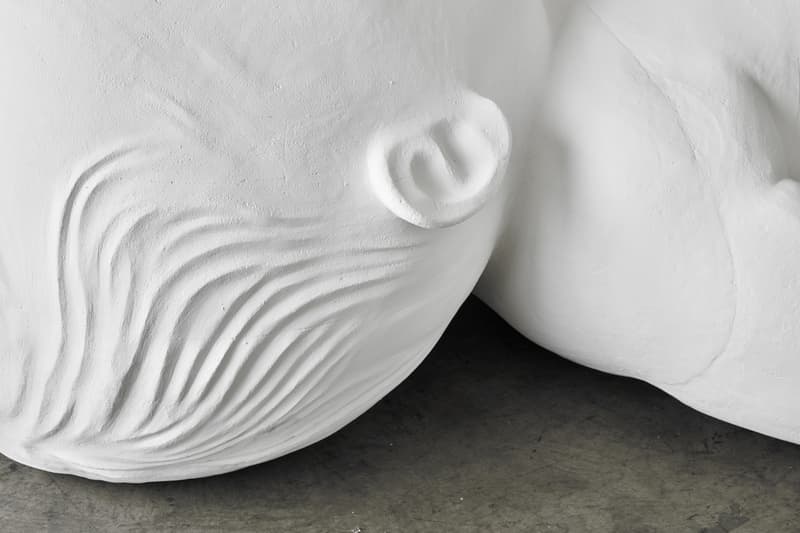
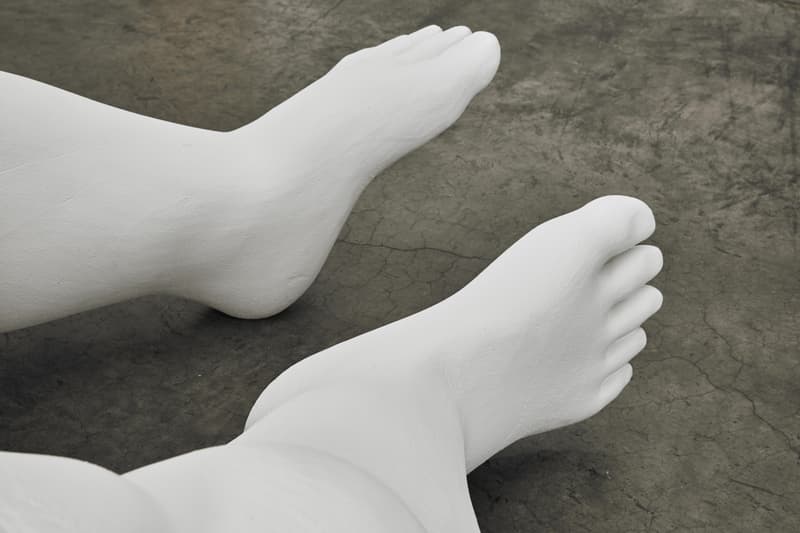
Summary
- Art-fashion collective MSCHF is set to unveil their latest artwork, “King Solomon’s Baby,” at Pioneer Works on July 10.
- Priced at $100,000 as a single unit, the large-scale sculpture will be split and repriced in accordance to the number of buyers.
The slicing will remain on view at Pioneer Works for a two-day durational performance, or can otherwise be viewed online.
After turning heads with Material Values, hosted at Nanzuka Underground earlier this year, creative collective MSCHF makes a return to its Brooklyn roots with “King Solomon’s Baby”, a large-scale sculpture bound for the butcher. Debuting on July 10 at Pioneer Works, the piece revives the biblical parable with a contemporary twist, placing its fate of dismemberment in the hands of its buyers.
The premise is simple: if sold to just one buyer, the sculpture will go for $100,000 USD as is. But if multiple partiers chime in, the artwork will be split accordingly – two buyers will each get $50,000 USD halves, three buyers means three slices, and so on. It’s what the collective calls a “financial trust fall,” inviting collectors to take a gamble, hoping others will follow and retroactively justify their buy-in.
The project builds MSCHF’s streak of participatory spectacles which expose the absurdity of market value and worth via satirical inventions and artworks. It’s the same game of trust and ownership seen in previous pieces, like the Art Basel Miami ATM Leaderboard or the time they severed and sold a Damien Hirst painting as single dots.
Sales open on kingsolomonsbaby.com at 2PM EST on July 10. The public reception runs from 7–9PM at Pioneer Works, with the ceremonial first slice at 8:30PM. Over the next two days, the sculpture will be divided into its final number of pieces in a durational performance, streamed online and viewable in person. The work in its fragmented final state will remain on display through Pioneer Works’ July Second Sunday.
A cheeky solution to the logistical headache of art buying, storing and shipping, MSCHF asks: why not split the burden?















